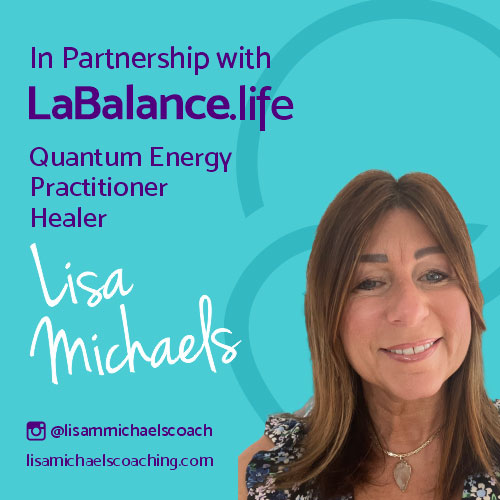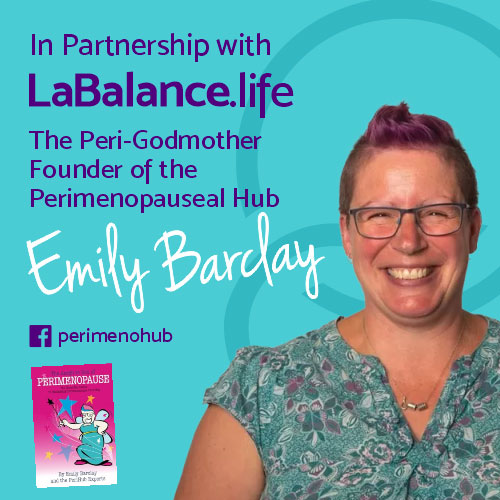Menopause is a stage in every woman’s life, usually occurring around late 40s to 50s, but sometimes happening earlier. Many women experience some similar symptoms, but it’s important to remember that everyone’s menopause journey can impact them differently. With this in mind, we’ve outlined 15 Frequently Asked Questions surrounding menopause to help you find some answers. Keep reading to find out more about common symptoms and coping with menopause.
How Do I Know If I’ve Started Menopause?
Menopause is generally defined as the time after you have not had a period in 12 months. You may be having fewer or irregular periods and symptoms such as hot flashes or mood swings, however, until you have gone a whole year without a period, you are considered to be in the Perimenopause.
The perimenopause is the time before your ovaries stop working. If you are experiencing other physical symptoms but still having periods, then you are in the perimenopause.
What Are The Common Side Effects Of Menopause?
Everyone experiences different things during menopause, but some of the most common side effects include:
- Changes to your periods
- Mood swings
- Hot flashes
- Night sweats
- Vaginal dryness
- Dry skin
- Low sex-drive
- Slower metabolism
- Weight gain
These symptoms can come at different times during menopause, and they can vary from person to person.
How Long Will Menopause Last?
Menopause usually lasts about 7 – 10 years on average. Typically starting around 45 – 55, menopause will usually last up to 10 years, but can potentially last up to 14 years. The reason women experience this range of side effects is because of the loss of oestrogen in the body during menopause. There are some lifestyle factors that can also impact the duration of your menopause, such as smoking, drinking or the age your menopause starts.
How Can I Manage Hot Flashes?
If you’re experiencing frequent and distressing hot flashes, there are a few things you can do to help you cope day to day:
- Dress in light layers so that you can cool down during your hot flash by removing a layer
- You could carry a portable or handheld fan to cool you down on the go or in the house
- Avoid extremely spicy foods and excessive amounts of caffeine
- If you’re a smoker, trying to quit or cut down can help relieve your hot flashes
- Vitamin E supplements are also proven to be effective when it comes to hot flashes
- Regular exercise and maintaining a healthy weight is also a good way to regulate your body
How Can I Maintain A Healthy Weight?
You might notice that your metabolism has changed while going through menopause, and that your weight is more easily impacted by your regular foods. This is common for many people going through menopause, but maintaining a healthy weight doesn’t need to be challenging.
Regular exercise a few times a week and eating a balanced diet will help you keep your mind and your body in tip top shape during menopause.
Does Menopause Cause Vaginal Dryness?
Another common symptom that comes with menopause is vaginal dryness. With a lack of oestrogen in the body, your vaginal area may be feeling dry or inflamed. If you are experiencing this, it is a completely normal symptom and there are a few relief options.
You can try looking into vaginal moisturisers or a low dose oestrogen cream/tablet to combat this.
Is It Normal To Have A Poor Sleep Schedule?
Having sleeping problems during menopause is another common side effect. Issues like sleep apnea and insomnia can affect many women. On top of night sweats and mood swings, getting a bad night’s sleep on the regular can really take a toll on some women.
But, having a regular sleeping schedule and a balanced lifestyle can help regulate your sleeping patterns.
Does Menopause Affect Your Hair?
A lot of women find that their hair experiences changes due to the drop in oestrogen, so you may find that your hair is thinning or breaking more easily. But, don’t panic! This is a totally normal and common side effect that many women experience.
Why Does My Brain Feel Foggy During Menopause?
A lot of women tend to feel mentally drained and have feelings of confusion. This is because of the hormone changes that your body is going through. Progesterone is one of the first hormones to change in your body during menopause, leading to irritability, mood swings and brain fog. Meditation and exercise can help with this.
What Are Some Natural Menopause Relief Options?
There are a range of natural remedies that people try to combat their menopause symptoms. Often these are herbal remedies like:
- Black Cohosh
- Primrose Oil
- Ginseng
- Fennel
But other natural remedies are also available:
- Focusing on a plant based diet
- Drinking more water
- Getting healthy proteins
- Meditation and mindfulness
These remedies may not work for everyone, but they are all valid options to try for yourself!
What Is Hormone Replacement Therapy?
Hormone Replacement Therapy or (HRT) is a hormone treatment used to help relieve menopause symptoms. Many women decide to do HRT, but it does come with its own side effects such as headaches, tummy pains and vaginal bleeding for example.
There are also increased risks of breast cancer and other health implications that come with HRT.
Am I Able To Have HRT?
Hormone Replacement Therapy is not recommended to women who:
- Have had breast cancer in the past
- Think they are pregnant
- Have a liver or heart disease
- Have had a stroke or heart attack
- Have blood clots
- Have high blood pressure
If you’re still unsure about whether you should go ahead with HRT, you should speak to a GP or medical professional about your options.
Can My GP refer Me to a menopause specialist on the NHS?
Yes! Your GP or nurse can definitely refer you to a menopause specialist to give you advice and help you with your menopause symptoms. If you have any concerns or worries about your menopause journey, then seeing a professional can help you to figure out the best treatment and relief options while also easing your mind from any stresses you had before.
Does Menopause Affect Mental Well-Being?
With all the changes in your hormones, you may find that your mental health is more fragile. A lot of women go through some anxiety, depression or stress during menopause. Other women may experience a lack of emotion, empathy and become detached from their emotions. Although it can be emotionally difficult, it’s important to remember that you’re not alone! And many women experience this during menopause.
How Can I Improve My Mood Swings?
There are lots of ways to combat the prevalent mood swings that come with menopause. Exercise is one of the most obvious solutions to this, as it will help you keep your mind and body healthy. Exercise is proven to release endorphins that help you to feel happy.
Alternatively, if you feel like seeing a professional to help with your mental health, there are lots of talking therapies available such as CBT and counselling. If you feel like speaking to a professional, your first step should be contacting your GP to get a referral.
Sassy La Femme & Menopause Advice
Menopause can be a physically and mentally challenging time in any woman’s life, and learning to cope with all the different symptoms can be draining. Here at Sassy La Femme, we understand how menopause can impact you day to day and we want to help you get back to normality.
Our LaBalance magnet has been specially designed to help you combat the tricky side effects that come with menopause with the power of magnet therapy. Our unique, yet powerful magnets aim to give you a sense of normalcy again. Our magnets can be worn easily and discreetly, relieving you of any pain or discomfort with our safe menopause treatment.
But, don’t just take our word for it, try it yourself! Visit our website to learn about our LaBalance magnet and how it works. Alternatively, feel free to get in touch with us here at Sassy La Femme today to speak directly to our wonderful team. We will be happy to answer your questions and give you our best advice!




